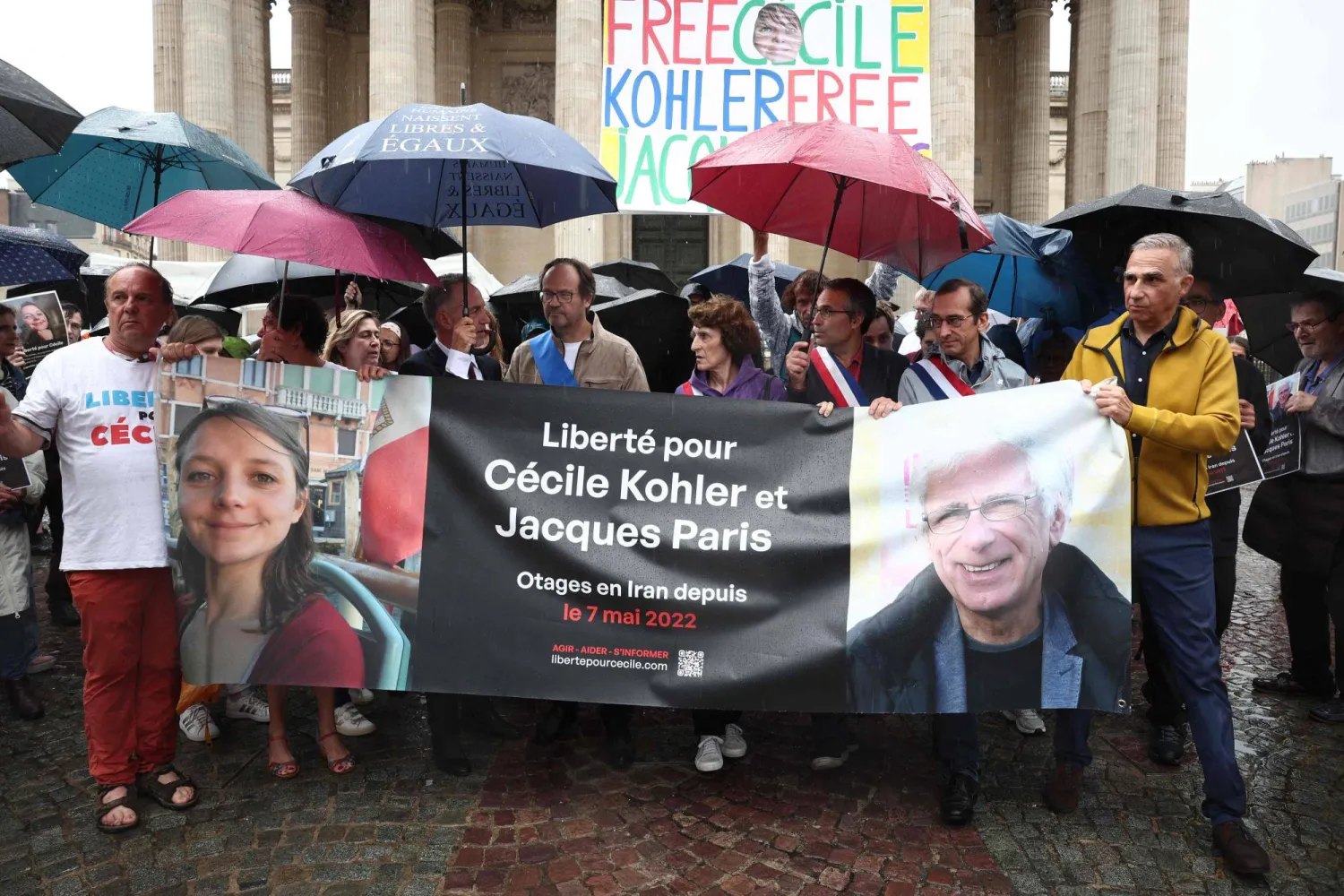A young Frenchman who was on a cycling trip in Iran has been missing since June 16, a French diplomatic source told AFP on Sunday.
Posts shared on Instagram identified the missing person as 18-year-old Lennart Monterlos, who allegedly also holds German nationality.
"This disappearance is worrying. We are in contact with the family about this," the source said, when asked about the missing person notices on social media.
French nationals are advised not to travel to Iran, as Tehran is implementing "a deliberate policy of taking Western hostages", the source added.
The source was unable to confirm if the young Frenchman was among the Europeans recently arrested in Iran on charges of spying for Israel.
Iran is believed to hold around 20 European nationals, many of whose cases have never been publicized, in what some Western governments including France describe as a strategy of hostage-taking aimed at extracting concessions from the West.
Three other Europeans, who have not been identified, have also been arrested in the wake of the recent conflict, two of whom are accused of spying for Israel, according to authorities.
Two French nationals Cecile Kohler, 40, and Jacques Paris, her 72-year-old partner, have been held in Iran since May 2022 on charges of espionage that their families deny.
Iran is "targeting French nationals passing through the country, accusing them of espionage and detaining them in appalling conditions -- some of which fall under the definition of torture under international law," the source said.
Iran earlier this week charged the pair with spying for Israel's intelligence agency Mossad, as well as "corruption of Earth" and "plotting to overthrow the regime", diplomatic and family sources told AFP on Wednesday.
Tehran has not confirmed the new charges, all three of which carry the death penalty.









